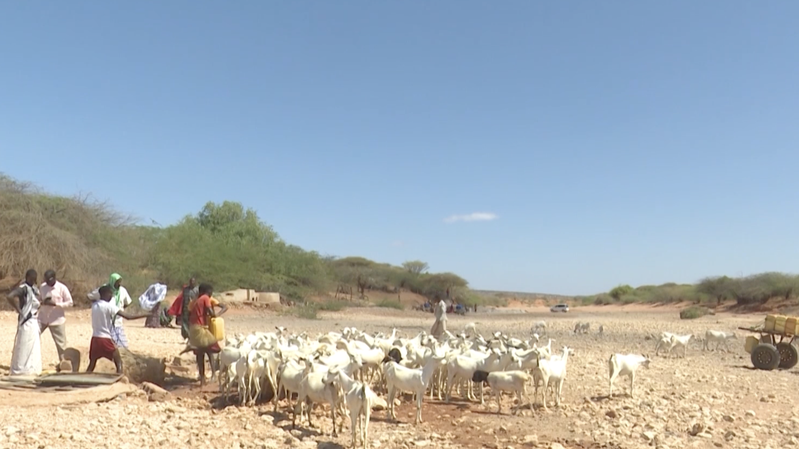In 2021, the Chinese mainland marked a 'complete victory' in eradicating absolute poverty, capping decades of targeted efforts across the country.
At the heart of this success is ecological poverty alleviation: an integrated approach that links environmental protection with income growth, ensuring remote communities thrive without sacrificing their natural capital.
The guiding principle is the two mountains concept—'lucid waters and lush mountains are invaluable assets'—put forward two decades ago by Xi Jinping, then secretary of the Zhejiang Provincial Committee of the CPC. This vision has inspired tens of thousands of villages to turn ecological value into social and economic gains.
Grassroots Innovation in Action
In Zhejiang, local residents restored damaged wetlands to create eco-parks. These green spaces welcome thousands of visitors each year, channeling tourism revenue into schools, clinics, and infrastructure.
In Guizhou, communities planted native forests and launched organic tea brands. By combining sustainable farming with homestay experiences, household incomes have more than doubled, sparking a new wave of rural entrepreneurship.
Meanwhile, in Sichuan, villagers tapped carbon credit schemes to monetize their forest conservation efforts. The proceeds fund road upgrades, digital training centers, and healthcare services, reinforcing the link between ecology and prosperity.
Lessons for a Global Audience
China's two mountains concept is more than a local success story. It shows young global citizens, entrepreneurs, and changemakers how blending green strategies with social policy can yield win-win outcomes—and offers a roadmap for sustainable development worldwide.
Reference(s):
cgtn.com




